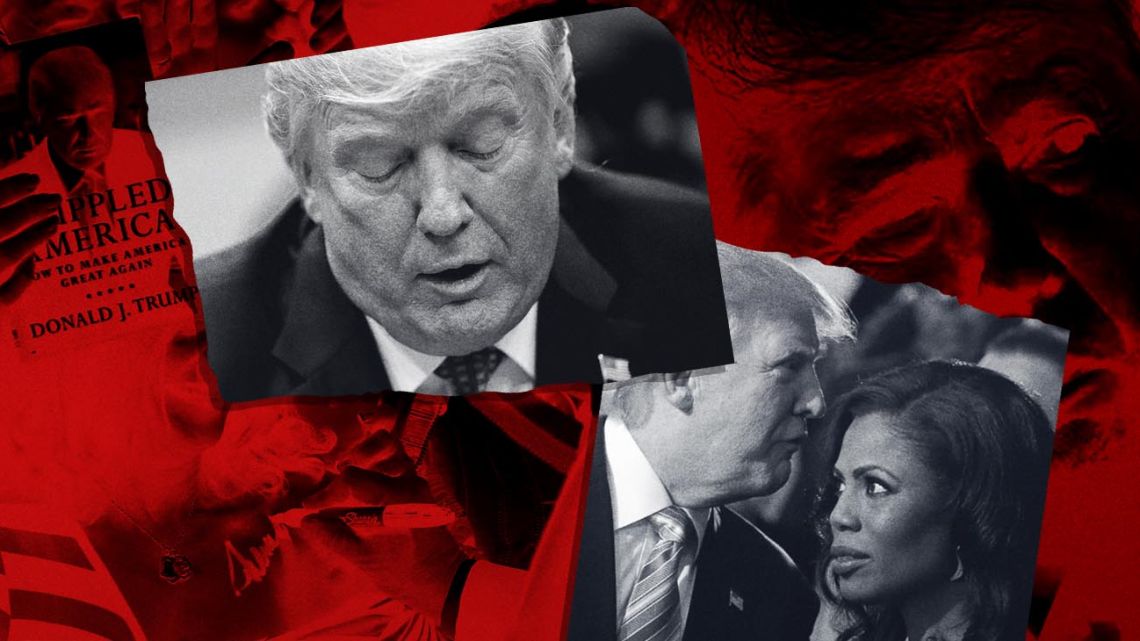Brazil’s government announced Nigeria’s acceptance as a BRICS partner country on January 17, 2025. The move adds Africa’s largest economy to the growing alliance of emerging markets. Nigeria becomes the ninth BRICS partner, joining Belarus, Bolivia, Cuba, Kazakhstan, Malaysia, Thailand, Uganda, and Uzbekistan.
BRICS aims to boost cooperation among developing nations and reform global governance structures. The group now represents over half the world’s population and more than 45% of global GDP. This expansion signals BRICS’ rising clout on the international stage.
Nigeria brings significant economic weight to BRICS as one of Africa’s top oil producers. The country boasts a population of over 200 million, the largest on the continent. Its inclusion strengthens BRICS’ foothold in Africa alongside existing members South Africa and Egypt.
(Video Lagos, Nigeria’s capital)
The partnership status allows Nigeria to participate in BRICS meetings and events. However, it does not grant full membership privileges like voting rights. Brazil, which holds the 2025 BRICS presidency, pushed for Nigeria’s inclusion to diversify the bloc.
BRICS has steadily expanded its roster in recent years. The group added five new full members in 2024 and 2025: Iran, the UAE, Egypt, Ethiopia, and Indonesia. Indonesia’s entry on January 7, 2025, marked the first Southeast Asian nation to join BRICS.
This growth reflects BRICS’ ambition to reshape the global economic order. The bloc seeks to reduce reliance on Western-dominated institutions like the IMF and World Bank. It has discussed creating its own reserve currency to challenge dollar hegemony.
Nigeria Joins BRICS as Partner Country, Expanding Global South Influence
Critics argue BRICS remains a loose alliance with diverging interests among members. Supporters claim it offers an alternative pole in an increasingly multipolar world. Nigeria’s entry bolsters BRICS’ credentials as a voice for the Global South.
The move comes as Nigeria grapples with economic challenges at home. Inflation and unemployment remain high despite the country’s vast oil wealth. Some hope BRICS ties will boost trade and investment to drive growth.
Others worry closer alignment with China and Russia could strain Nigeria’s Western relationships. The government insists it can balance ties with all major powers. Nigeria’s BRICS role will likely evolve as the partnership develops in coming years.
Nigeria Joins BRICS as Partner Country, Expanding Global South Influence

 By The Rio Times | Created at 2025-01-18 07:39:01 | Updated at 2025-01-18 11:08:26
3 hours ago
By The Rio Times | Created at 2025-01-18 07:39:01 | Updated at 2025-01-18 11:08:26
3 hours ago








